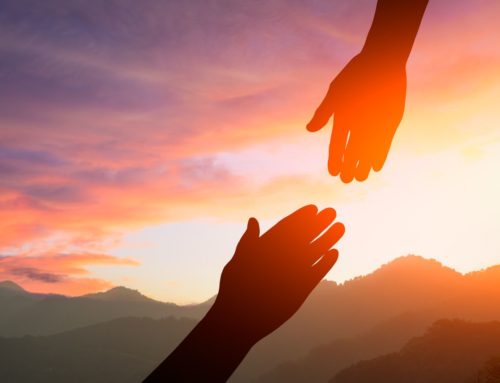Men’s grief is distinctly different type of grief that I would like to talk about. When you are asked how are you? What is your response? If you are like me, I usually say, “I’m fine.” What that translates to for me is:
F – Feelings
I – Internalized
N – Not
E – Expressed
Men suffer from Y-Chromosome conditioning. From a young age we are told, not to cry, to walk it off and to toughen up. In other words, to stuff our emotions and don’t let on to anyone how you feel. If you do this long enough you lose touch with any feeling except for maybe the basic five.
The basic five are Sad, Mad, Glad, Fear and Shame. When I first heard of the basic five I balked, but over time I realized that I functioned at this level most of the time early in my grief. Not that I functioned particularly well but when you are overwhelmed by grief, these basic feelings kind of make sense.
You know when you are angry, and it is easy to lash out when you are in the middle of your grief. You know what passes for glad and sad, you feel sad all the time in grief and you know that you can never be happy again. So, glad becomes a compromise that you give to other people as in, “I’m glad for you.” Fear and shame are something you can’t admit but you know them when you feel it. You can’t show either of these feelings because of the myth of “being strong in times of trouble.”
The myth of “being strong in times of trouble.”
We are conditioned to be the rugged individual and an independent contractor that has been romanticized in movies and on television. The hero never shows his broken nature. If you think of John Wayne or Clint Eastwood it is easy to picture this type of hero. Lately, we have had flawed characters like Batman but even then he takes a beating and lives through it. This stereotype of “strong and silent” keeps men isolated and incapable of leaning on each other.
Never speaking of feelings because you feel ashamed by them and uncomfortable is the unfortunate norm. Fear of being vulnerable of admitting that you can’t do it on your own is unthinkable. Less than 5-10% of all men who experience life defining grief will seek professional support. Another 5-10% of men have or will find male support either through small group, mens support networks or faith based church groups These examples are supportive and not addiction based groups like AL-Anon or Nar-Anon that focus on specific areas of support.
That still leaves 75% or 3 out of 4 men who are unsupported and are in a slow spiral that can rob you of the possibility of health, success and happiness. I have seen men on the job site in obvious pain who struggle, suffer and enter into despair, ruining their lives, health and happiness. Drinking too much, eating unhealthy and taking their frustrations out on others. What possible good can happen when you are alone and suffering?
I’ll explore this in more detail in another posting.


Leave A Comment